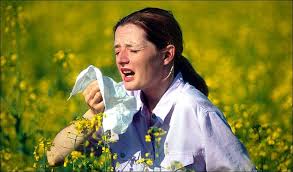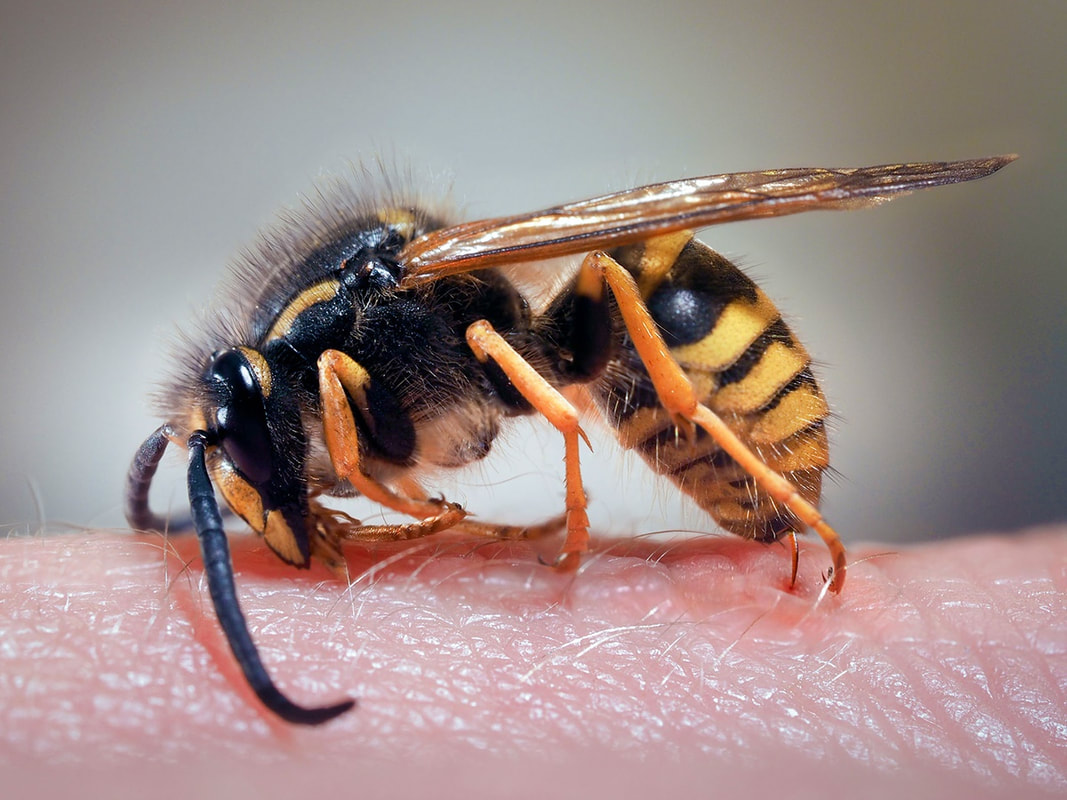|
Causes
Hay fever is an allergic reaction to the pollen released by grass, trees and weeds. When the pollen grains come into contact with the cells that line your eyes, mouth, nose and throat they can cause irritation and trigger an allergic reaction. You can develop Hay fever at any age, though some people find that the symptoms become milder as they get older. Signs and symptoms
Staying indoors and closing windows when the pollen count is high. Showering/Bathing and changing your clothes if you have been outside. Wearing wraparound sunglasses to stop pollen getting in your eyes. Applying a very small amount of Vaseline to the nasal openings to trap the pollen. Treatment over the counter medicine There are a range of over the counter medicines available for hay fever but speak to your pharmacist before purchasing as some can make you very drowsy, cause side effects or interfere with medications that you are already using. When to see your GP about hay fever If the over the counter medicine isn’t working or is causing difficult side effects. If your hay fever is making your asthma worse. If you suspect the hay fever symptoms aren’t being triggered by pollen and that you may be having an allergic reaction to something else.
1 Comment
Insect stings are painful but not usually dangerous. However, sometimes they can trigger anaphylactic shock which is a severe allergic reaction and will require immediate medical attention.
Signs of an Insect Sting
If you can see the sting carefully scrape it off the skin with the edge of plastic card (like a credit card). Don’t use tweezers or your fingers to grip the sting and pull it out as you will inject more toxin into the casualty. Put something cold like an ice pack on to the stung area to reduce the swelling and if possible elevate the part of the body that is affected. If the pain or swelling persists call 111 for medical advice. If the sting is in the mouth give the casualty an ice cube to suck on or sips of cold water. When to Call for an Ambulance? If the casualty has any difficulty breathing. If you notice signs of a severe allergic reaction (especially swelling of the lips, face or neck ). If the casualty presents pale cold clammy skin and feels sick/dizzy/thirsty. |
AuthorSteve Celli is the Senior Tutor at Castle Hill Training, don't be fooled by his youthful good looks he has decades of experience in training. Archives
February 2023
Categories |
Proudly powered by Weebly




 RSS Feed
RSS Feed